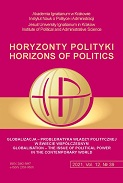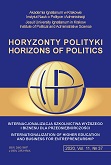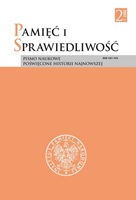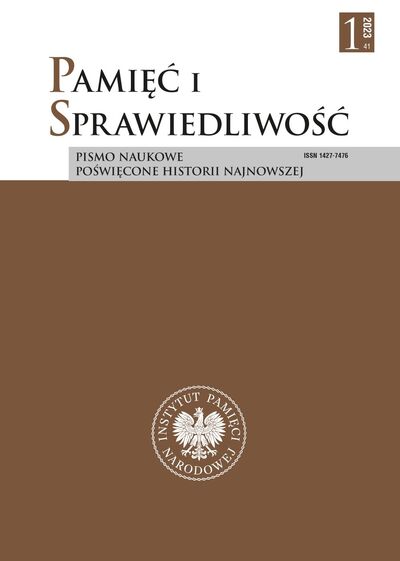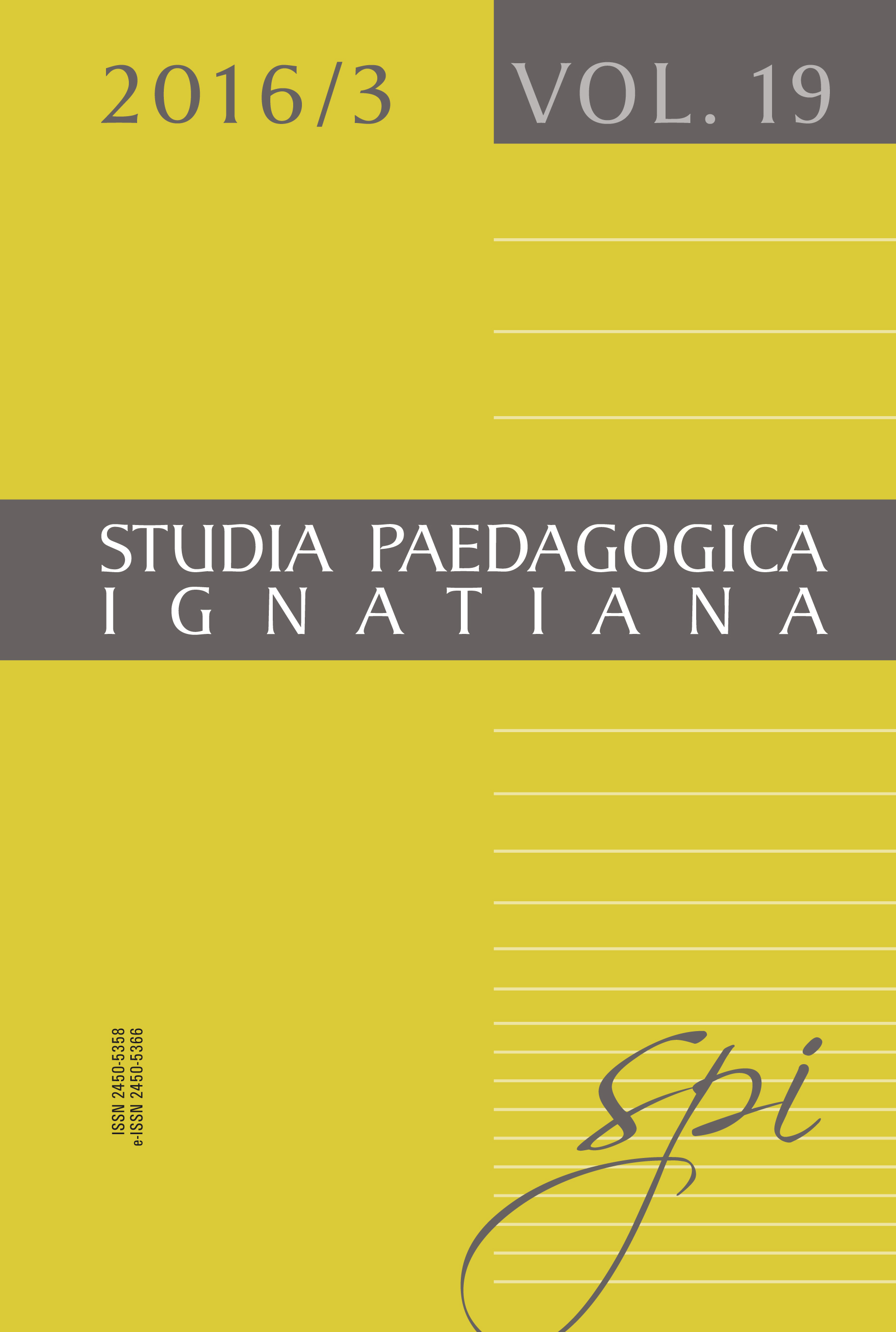
Kształcenie pedagogiczne w seminariach nauczycielskich Krakowa okresu autonomii galicyjskiej
The article attempts to present the concept of pedagogical education in state Teacher Training Colleges in Krakow. Problems in the present study concern the functioning of these institutions in the period of Galician autonomy. The principal sources for the presentation of the process of pedagogical education in these colleges were mainly reports of the colleges’ directors as well as textbooks on pedagogical subjects. On the basis of the above mentioned sources, the following issues have been presented: teaching content of pedagogical subjects, lecturers of pedagogical subjects, textbooks and supplementary publications relating to pedagogy as well as pedagogical subject matter of homework assignments and of secondary school-leaving exams. Within the scope of the teaching content of pedagogical subjects, there were: the history of pedagogy, pedagogy, didactics, psychology, anthropology as well as the subjects that are currently referred to as pre-school pedagogy, which were taught in female colleges. The reports indicate that it were usually the directors of the colleges and deputy directors who taught pedagogical subjects. These teachers actively participated in scientific societies and cooperated with pedagogical journals. Moreover, they familiarised the public with the results of their research results in periodicals such as “School”, “Pedagogical Journal”, “Museum” and in other publications.
More...
